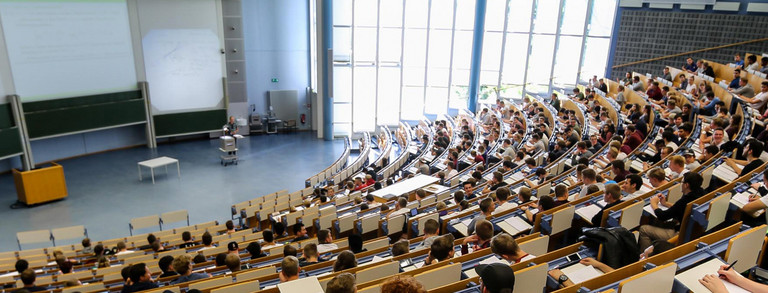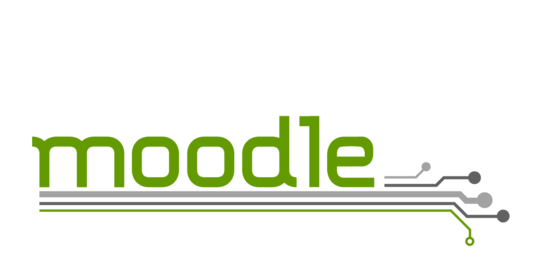Labor Markets and Employment Theory
| Module: | Module 8a-d |
|---|---|
| Lecturer: | Preugschat |
| Credits: | 7.5 credits |
| Type: | Lecture and exercise |
| Language: | English |
| Date and place: | LSF TU Dortmund |
| Start exercise: | 2nd lecture week |
| Type of exam: | written exam |
Content
This course looks at labour markets from both a microeconomic and macroeconomic perspective. We begin with basic theories of optimal labour supply and demand, including their empirical estimation. Afterwards, we examine the dynamic incentives for investment in education and the impact of technological change (especially automation and digitization) on the wage distribution and on employment. Other topics include the effects of taxes and social policies on labour supply and the effects of discrimination on employment and wages. The final part of the course provides an overview over theories of unemployment and covers policies to reduce unemployment. Throughout the course, you learn key empirical facts about the labour market in Germany and other countries. At the same time, we develop methodological tools to link data to theory. These methods allow us to better understand and evaluate the different mechanisms of technological progress or labour market policies on employment and wages.
Students learn about different basic models of modern labour market analysis and acquire practical skills in applying them to concrete economic policy scenarios. This enables them to understand current employment policy discussions and to critically evaluate alternative courses of action. Enhancing the knowledge of the theoretical foundations of labour markets is central to any macroeconomic policy debate. Understanding labour markets is also important for business-related decision-making processes as well as for human resource management.



